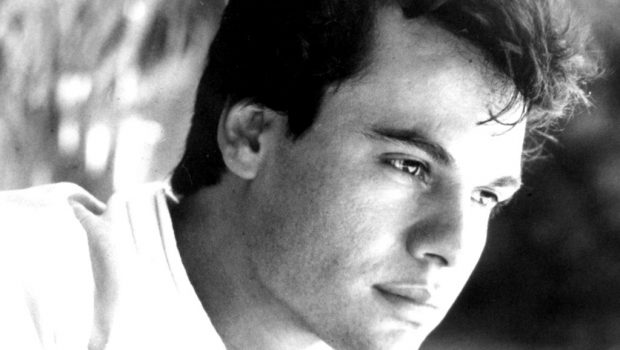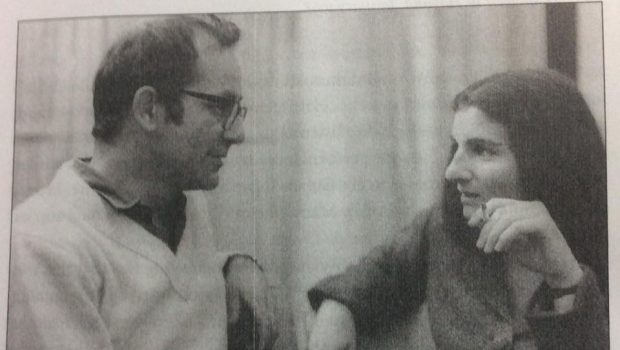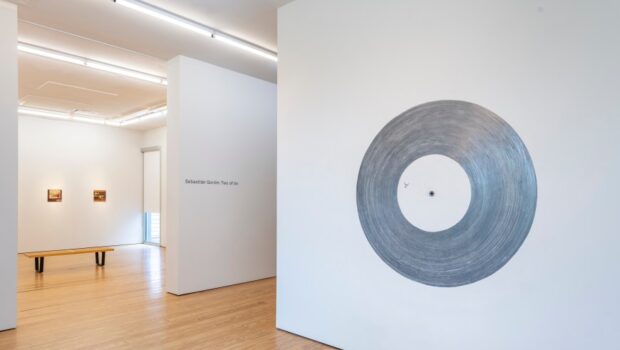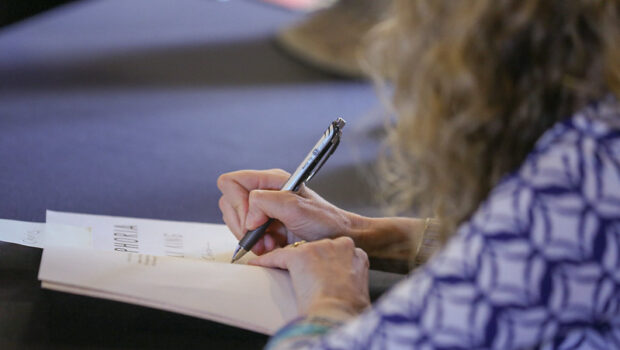The Assessment: A Cinematic Exploration of Institutional Scrutiny
Linda Juarez
In an era of increasing bureaucratic complexity, “The Assessment” emerges as a provocative meditation on institutional power, personal accountability, and the intricate psychological landscapes that emerge when individuals are subjected to systematic evaluation.
The film’s narrative is a masterclass in sustained tension, eschewing traditional dramatic arcs for a more nuanced exploration of procedural anxiety. At its core, the story follows Dr. Elena Kovač, a mid-career professional navigating a high-stakes institutional review that threatens to dismantle her entire professional trajectory.
Director Sarah Reinhardt crafts a narrative that feels simultaneously intimate and expansive. Each frame is carefully composed to reflect the protagonist’s internal fragmentation, with visual metaphors that speak to the dehumanizing nature of bureaucratic processes. The cinematography by Marcus Lindholm uses a desaturated color palette—predominantly grays and muted blues—that mirrors the sterile emotional environment of institutional corridors.
Mira Tanović’s portrayal of Dr. Kovač is a revelation. She doesn’t merely act the role; she inhabits a complex psychological terrain with remarkable subtlety. Her performance communicates volumes through microscopic facial expressions—a slight muscle twitch, a momentary hesitation, a barely perceptible shift in gaze. These nuanced gestures construct a profound narrative of institutional vulnerability.
The supporting cast, particularly Anton Glebov as the lead assessor, brings a chilling bureaucratic detachment to their roles. Glebov’s character isn’t a traditional antagonist but a systemic representative—a nuanced embodiment of institutional logic that treats human complexity as a series of quantifiable metrics.
“The Assessment” transcends simple critique of institutional mechanisms. It delves into profound questions about professional identity, the performative nature of expertise, and the psychological toll of constant evaluation. The screenplay, written by Elena Popov, demonstrates a remarkable ability to transform procedural minutiae into compelling dramatic material.
The film’s most potent moments occur in seemingly mundane interactions—a paperwork review, a hallway conversation, a meticulously prepared presentation. These scenes are charged with an almost unbearable psychological tension, revealing how institutional power operates through seemingly neutral processes.
Reinhardt employs a non-linear narrative structure that deconstructs traditional storytelling. Flashbacks and flash-forwards are not merely narrative devices but psychological representations of memory and anticipation. The film suggests that institutional assessment is less about a singular moment and more about a continuous, often traumatic process of self-reconstruction.
The sound design by Lena Eriksson is particularly noteworthy. Ambient sounds—the rustle of documents, the distant hum of fluorescent lights, the measured tapping of computer keyboards—become a haunting soundscape that transforms the institutional environment into a character itself.
Beyond its immediate narrative, the film engages with contemporary philosophical discussions about power, surveillance, and institutional rationality. It echoes the work of theorists like Michel Foucault, exploring how modern institutions create subjects through continuous evaluation and self-monitoring.
Dr. Kovač’s journey becomes a microcosm of broader societal mechanisms—how individuals internalize institutional logics, how professional identities are continuously negotiated, and how personal worth becomes increasingly mediated through external validation.
The film is not without its challenges. Its deliberately opaque narrative might alienate viewers seeking more conventional storytelling. The deliberate slowness, while thematically resonant, could test audience patience. Moreover, the highly contextualized nature of the institutional critique might feel abstract to viewers unfamiliar with academic or professional review processes.
Lindholm’s cinematography deserves special mention. Each frame is meticulously composed, transforming institutional spaces into psychological landscapes. The camera doesn’t just observe; it interrogates. Tight close-ups alternate with wide shots that emphasize systemic isolation, creating a visual language that speaks to the film’s thematic complexity.
“The Assessment” is not merely a film but an experience—a rigorous examination of contemporary institutional dynamics. It challenges viewers to reconsider how power operates in seemingly neutral spaces, how professional identities are constructed, and how individual agency navigates complex systemic pressures.
Reinhardt has created a work that refuses easy categorization. It is at once a psychological drama, a systemic critique, and a profound exploration of human resilience. The film doesn’t offer resolution but presents a nuanced meditation on the ongoing negotiation between individual subjectivity and institutional logic.
Linda Juarez is a film critic. She has collaborated in an array of magazines and blogs. Her forthcoming book Latine in Hollywood will be publish in 2025.
Posted: March 30, 2025 at 11:02 am










